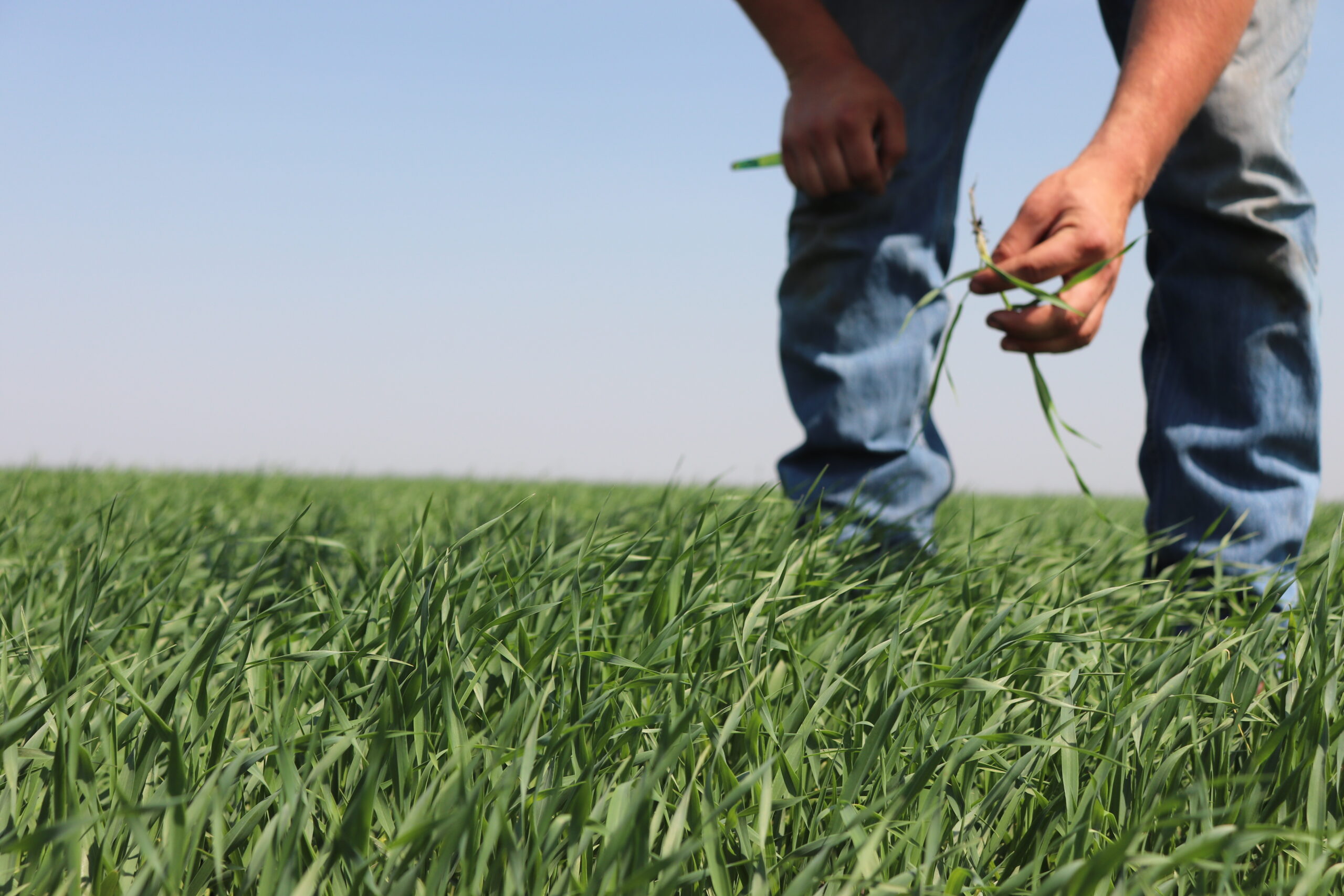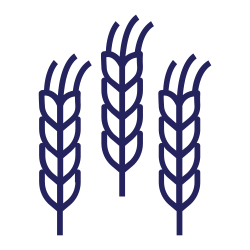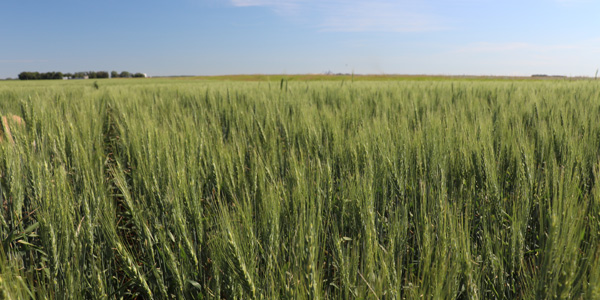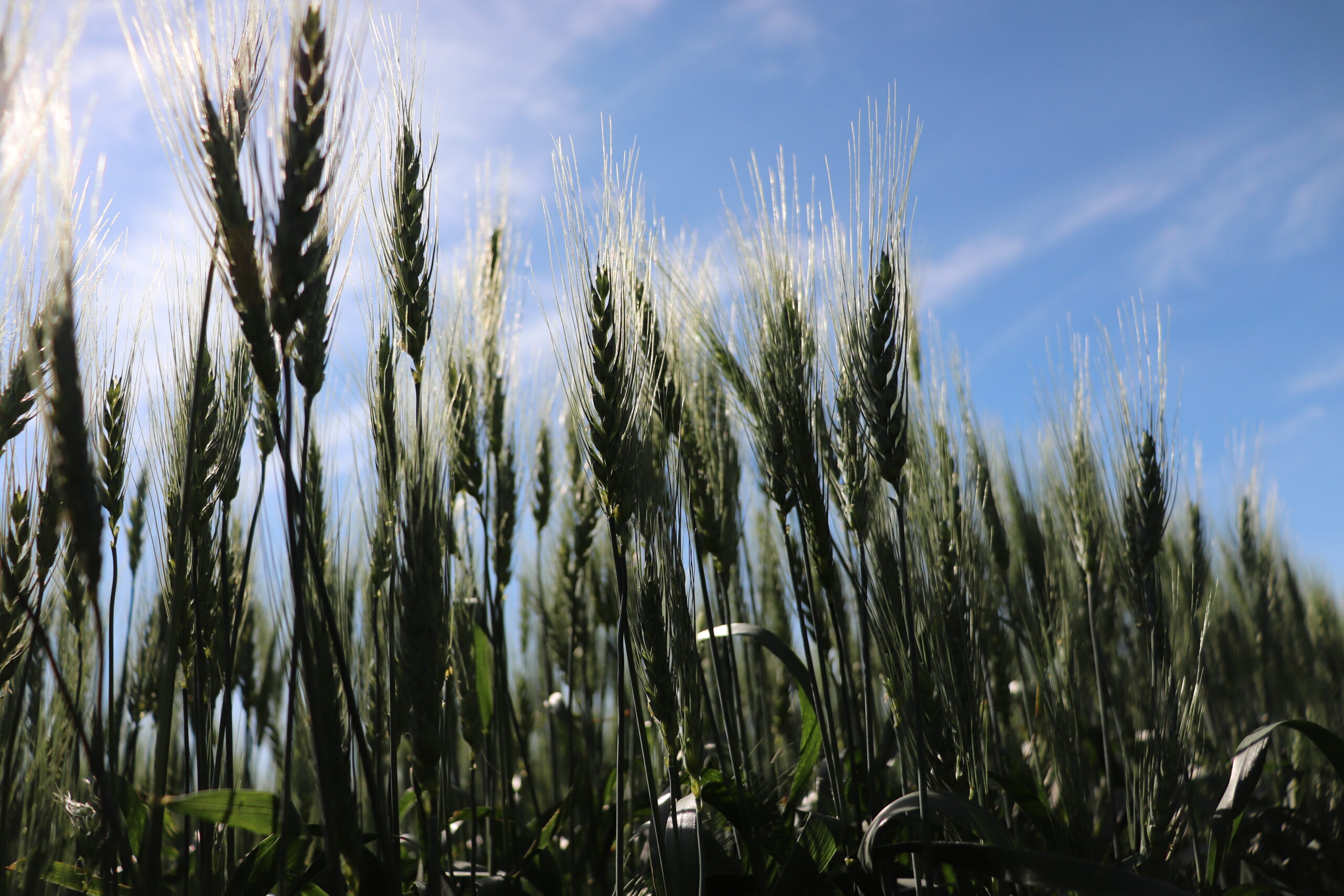Glyphosate alternative pre-harvest herbicide evaluation for spring wheat
Crop Types
- Wheat
Collaborating Locations
University of AlbertaBackground
Glyphosate was widely used in spring wheat production because of its broad-spectrum weed control and dry-down effects. Many farmers highly rely on glyphosate to manage weeds during pre-plant burndown, postemergence, pre-harvest, or post-harvest period. The repeated use of a single herbicide contributes to the evolution of herbicide-resistant weed biotypes. With widespread presence of glyphosate-resistant, and more importantly multiple resistant, weed biotypes necessitates the development of new weed management solutions for farmers. Thus, it is important to find glyphosate alternatives in the pre-harvest period of spring wheat. The enrichment of seed bank resistance can be impacted by herbicide mixtures (Beckie and Reboud 2009). In evolutionary terms, a "memory" of past selection events is represented by the seed bank and this "memory" delays resistance (Templeton & Levins 1979). Diggle et al. (2003) created model simulations to determine that herbicide mixtures delay resistance longer than rotations. Thus, herbicide mixtures should be evaluated for improving spectrum of weed control and delaying resistance..
Objectives
- Evaluate weed control efficacy of various pre-harvest herbicides alone in spring wheat.
- Determine the uniform and rapid desiccation of various pre-harvest herbicides alone in spring wheat.
- Determine the best tank mixtures of herbicides for pre-harvest spring wheat













